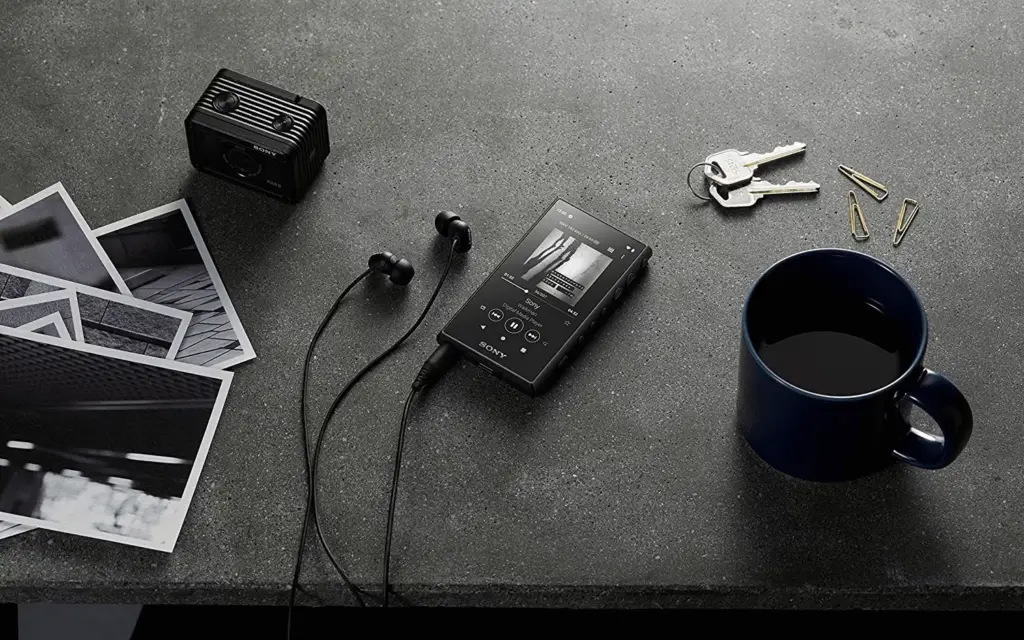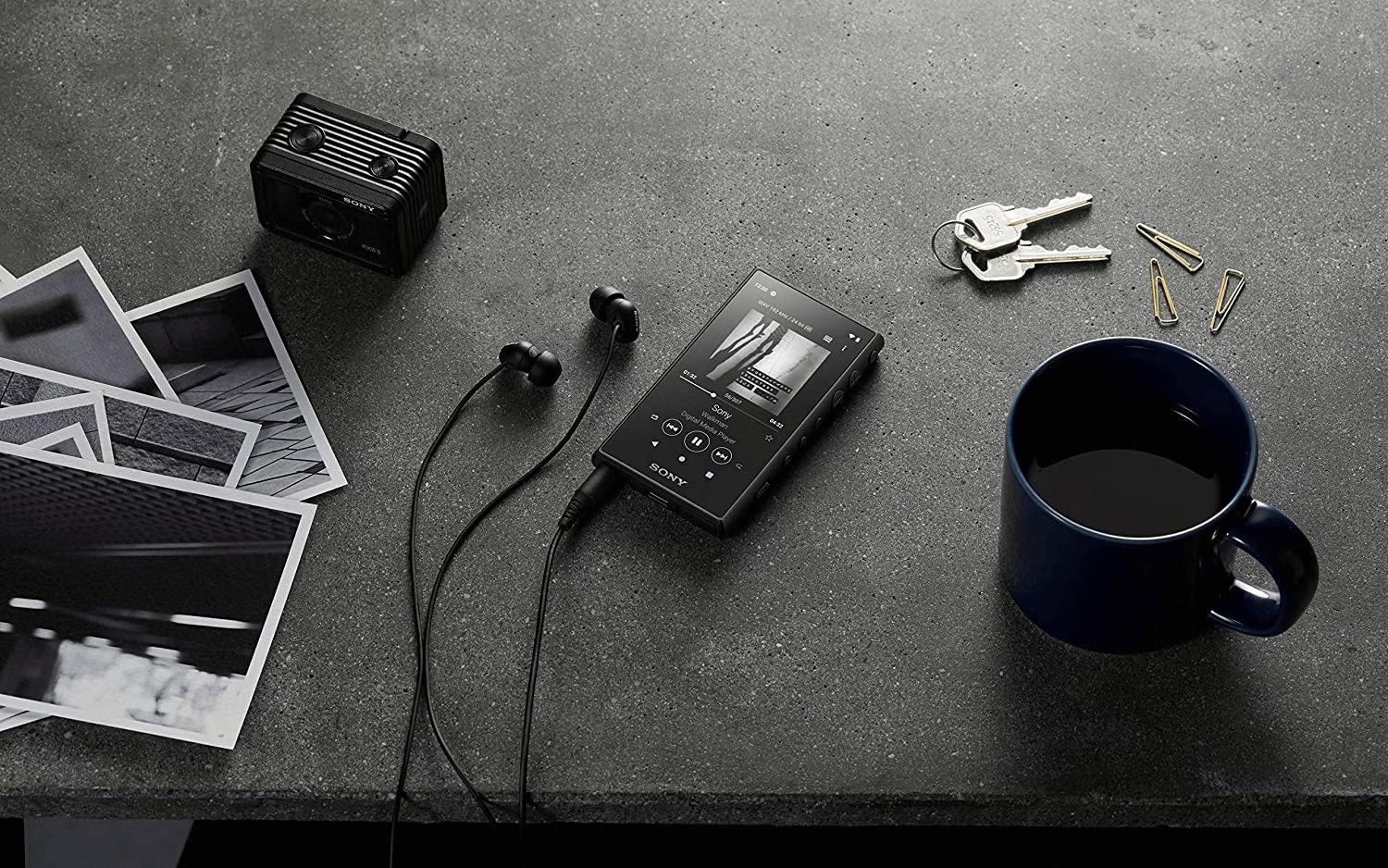
Introduction
The MP3 format, short for MPEG-1 Audio Layer III, is a cornerstone of the digital music revolution. Developed in the early 1990s, it allowed for significant compression of audio files while maintaining good sound quality. This made it possible to store and share music digitally on a much larger scale than ever before.
The Rise of MP3
Prior to MP3, digital audio files were large and cumbersome. Formats like WAV offered high fidelity but lacked practicality due to their size. MP3 addressed this by using a clever technique called lossy compression. This method discards some inaudible audio data, resulting in smaller file sizes without a significant perceived drop in quality for most listeners.
The emergence of portable MP3 players like the iconic Rio PMP300 further fueled the format’s popularity. Consumers could now carry entire music libraries in their pockets, a stark contrast to the limitations of cassette tapes and CDs.
The Technical Side of MP3
MP3 compression utilizes psychoacoustics, the study of how humans perceive sound. By focusing on encoding the frequencies that our ears are most sensitive to, it discards less critical information. This allows for significant file size reduction without sacrificing perceived quality.
However, it’s important to note that MP3 is a lossy format. Unlike lossless formats like FLAC that preserve all audio data, MP3 introduces some degree of audio degradation. This might be noticeable to audiophiles with high-quality listening equipment, but for casual listeners, the trade-off in file size is often a worthwhile compromise.
The Legacy of MP3
The impact of MP3 on the music industry is undeniable. It democratized access to music, enabling easier sharing and fostering a new era of digital music distribution. While streaming services have become the dominant force in music consumption today, MP3 remains a relevant format for storing and managing personal music collections.
The Future of MP3
Despite the rise of streaming, MP3s continue to hold value. They offer ownership and control over music libraries, something lacking with subscription-based services. Additionally, MP3s can be played offline without an internet connection, making them a convenient option for portable devices.
As technology advances, new audio codecs like Opus are emerging that offer improved compression and sound quality. However, MP3’s long-standing compatibility and established infrastructure are likely to ensure its continued relevance for some time to come.
